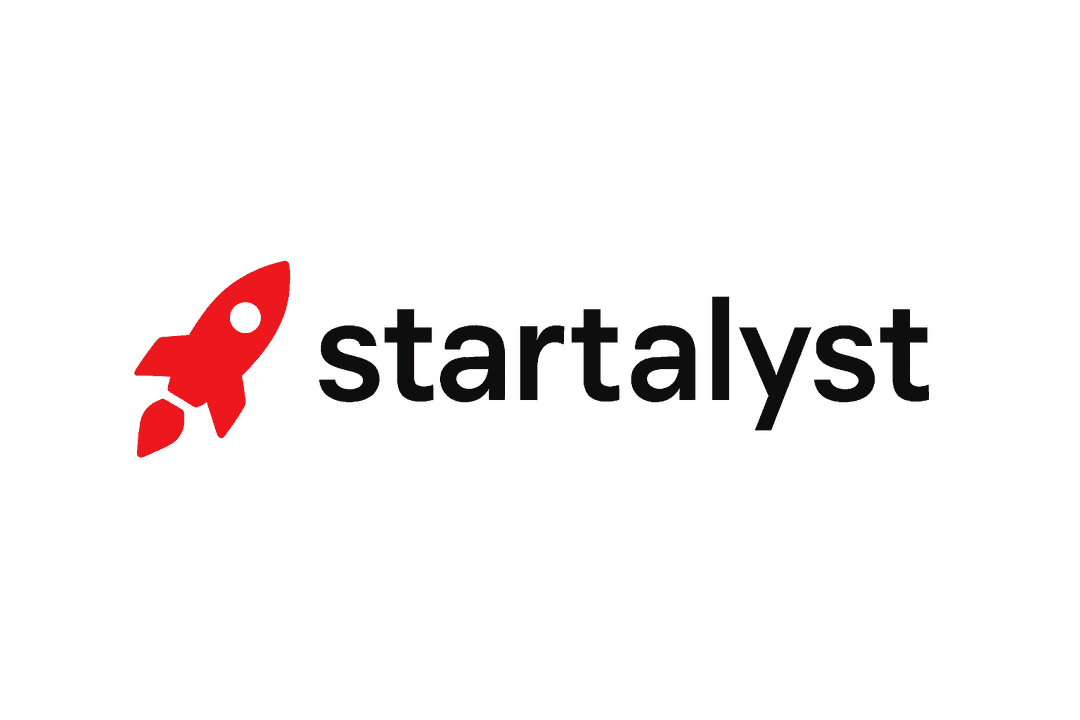Boring Business Ideas Starter Guide
How to Get the Best Results
Pick one narrow, repeatable service inside boring business ideas and run a small pilot with a single client before expanding. Simple, stable services win: focus on reliability, measurable outcomes, and monthly billing so the work becomes predictable.
Design a one-page offer, a clear price, and a short standard operating procedure to deliver the service the same way every time. Track three metrics during the pilot — customer satisfaction, time per job, and gross margin — and iterate until those numbers are repeatable.
Step 1 — Who are you?
Choose the background that maps closest to reliable, operational work common in boring business ideas.
- Office manager — operations — You can package scheduling, vendor coordination, and simple process documentation into steady retainer contracts for small landlords.
- Mechanic — technical repair — You can sell routine fleet maintenance plans to delivery services that prefer predictable costs.
- Teacher — training — You can build short compliance courses for manufacturing shops that must keep records up to date.
- Accountant — bookkeeping — You can offer monthly bookkeeping packages tailored to niche trades with simple books.
- Retail cashier — customer service — You can run a outsourced local customer support line for small appliance retailers.
- IT helpdesk — IT support — You can provide fixed-fee remote support for family clinics and dental offices.
- Handyman — maintenance — You can sell seasonal property maintenance plans to condo associations on a subscription basis.
- Warehouse worker — inventory management — You can perform monthly stock audits and reorder triggers for specialty stores.
Step 2 — Add interests & skills
List the practical skills and interests that align to low-glamour, high-margin tasks typical in boring business ideas.
- Scheduling can be turned into recurring cleaning or maintenance blocks that clients pay for monthly.
- Invoicing translates into predictable cash flow when you standardize billing cycles for service packages.
- Local regulations make it easier to sell compliance audits to industries that dread paperwork.
- Cold calling lets you find the first handful of clients quickly for dull but necessary services.
- CRM setup supports scalable client tracking so you can manage dozens of small recurring customers without chaos.
- Basic accounting makes pricing and monthly profit reports straightforward for simple service businesses.
- Simple web pages allow you to present a clear offer that converts local searches into calls overnight.
- Local SEO attracts steady neighborhood customers for services like waste removal or equipment servicing.
- Physical repair turns into retainers when you package preventive work as a subscription.
- Logistics planning enables route-based services such as small-scale deliveries or maintenance rounds.
- Inventory counting can be sold as monthly audits to independent retailers with thin margins.
- Cleaning process design standardizes work so you can train assistants and scale without losing quality.
- Procurement reduces client costs and becomes a billable monthly service for cost-conscious businesses.
- Contract writing helps you lock in multi-month agreements and reduce churn in boring business ideas.
- Email newsletters keep retention high by reminding clients about recurring services and seasonal needs.
- Customer retention tactics convert one-off jobs into stable monthly revenue streams.
Step 3 — Set available capital
Match startup money to the lowest-risk way to offer a routine service within boring business ideas, then pick tools you truly need rather than flashy extras.
- ≤$200 is ideal for service-first starts that require basic supplies and a simple landing page built with free tools.
- $200–$1000 covers basic advertising to a local audience, a modest toolkit, and a paid scheduling plugin to look professional.
- $1000+ lets you buy reliable equipment, license industry software, and run targeted ads to secure several initial monthly clients quickly.
Step 4 — Choose weekly hours
Decide the time window you can reliably commit and pick offers that fit into that availability.
- Evenings are suitable for administrative services and remote bookkeeping that you can finish after normal business hours.
- Weekend blocks work well for on-site maintenance rounds or deep-clean contracts that require uninterrupted time.
- Full days allow you to tackle route-based services, larger installations, or multiple on-site clients in one run.
Interpreting your results
- Look for early signals that a boring business idea is viable: recurring invoices, low churn, and repeatable delivery procedures. Those three indicate the business can scale without much extra marketing cost.
- Measure how many customers you need to reach a sustainable wage and how long each customer takes to acquire and serve. If acquisition cost is low and lifetime value covers tools and time, the idea is worth expanding.
- Track gross margin on each service line and prune low-margin tasks that consume scheduling complexity or irregular work. Replace them with a small number of standardized offerings.
- Use the pilot phase to create one concise SOP per service and time block how long it takes to deliver from start to finish. If you can train someone else on that SOP within a weekend, you have a replicable boring business idea.
Use the generator above to create and iterate specific offers based on your background, skills, capital, and available hours; then run a short pilot and refine the service until it becomes reliably billable.
